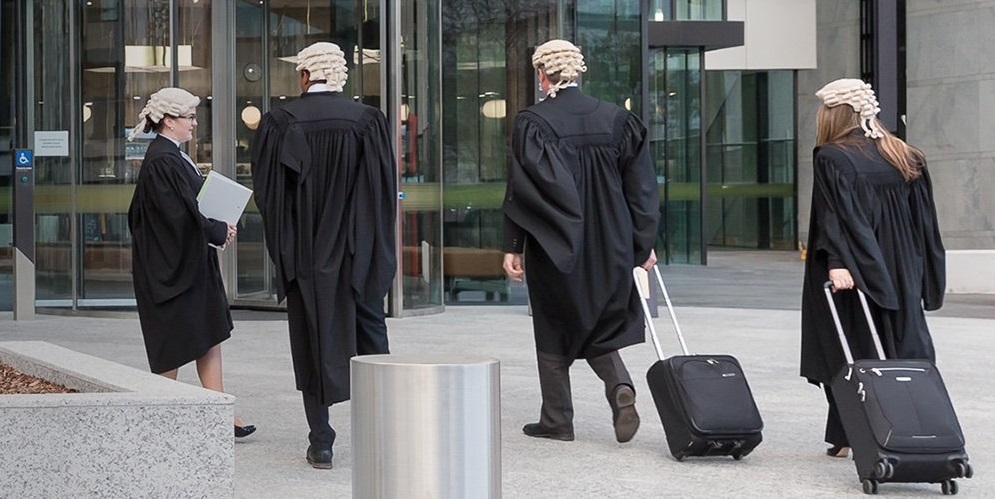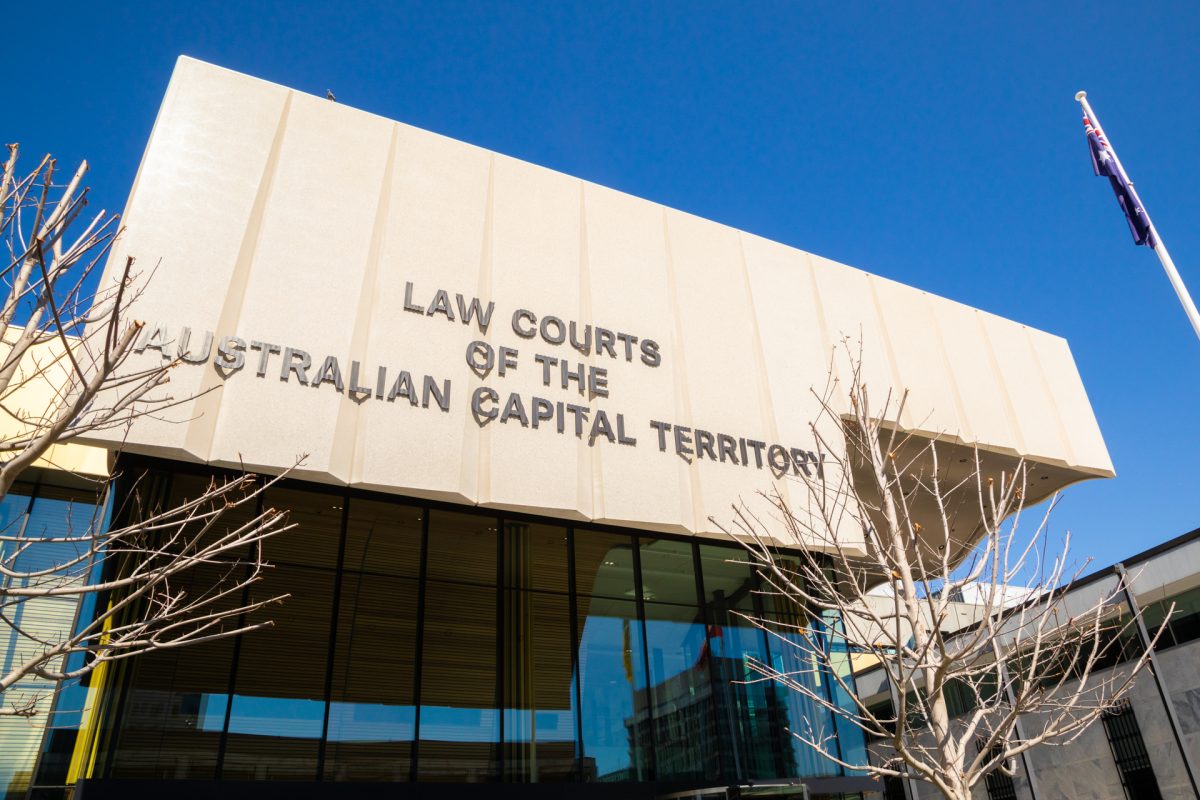
The ACT Bar Association has lashed out at the government’s inaction to repeal a law it says is unfair. Photo: ACT Bar Association Twitter.
The ACT Bar Association is again pleading for section 435 of the Crimes Act 1900 to be repealed, saying the law creates a “significant barrier to justice”.
Section 435 means that legal action against people acting in positions of public authority must begin within six months of an incident.
The association spokesperson said that this, along with the section’s stringent notice requirements, effectively shielded “those acting as public authorities against whom wrongdoing is alleged from accountability” and denied victims their right to justice.
While the association had first called for section 435 to be repealed in July 2024, an association spokesperson said, “Nothing has been done by either political party to effect its repeal”.
“This is notwithstanding its unjust and draconian impact on individuals seeking redress for wrongdoing committed against them by people acting as public authorities (including, for example, police officers and other law enforcement officials),” they said.
“Section 435 operates as a significant barrier to justice,” ACT Bar Council president Brodie Buckland said in July.
“Its arbitrary timeframe and onerous procedural requirements disadvantage victims, particularly the vulnerable and disadvantaged in our community.”
The section, inherited from the NSW Crimes Act, has had no substantive change since 1911.
It came under renewed scrutiny in an ACT Supreme Court case, which involved a plaintiff by the name of Justin Joseph Glavinic, that was handed down in late 2023.
The association spokesperson said in this judgment that Justice David Mossop highlighted the provision’s role in providing immunity even in cases of unlawful conduct, undermining the fundamental principle of equal access to justice.

The civil case involving Justin Joseph Glavinic was heard in the ACT Supreme Court. Photo: Michelle Kroll.
“The problems with section 435 were publicly identified in July 2024, and yet nothing has happened. This is simply not good enough,” Mr Buckland said this month.
“It is time for all members of the Legislative Assembly to work together in the interests of the community to repeal this unfair and unjust statutory artifact.
“The time for consideration has passed, and this provision must be repealed with immediate and retrospective effect.”
Australian Federal Police Association (AFPA) president Alex Caruana was aware of the bar association’s request to repeal section 435.
“The AFPA would be open to discussing the matter with the ACT Bar Association,” he said.
“The AFPA believes that all legislation should be reviewed if concerns are raised. In this matter the AFPA feels that the ACT Bar Association’s concerns should be examined.
“Before moving straight to repealing the legislation, the AFPA believes it would be appropriate for a review and consultation process to occur first. The AFPA would be willing to participate in this process.”

Australian Federal Police Association president Alex Caruana says he is open to speaking about the proposed amendment with the bar association. Photo: Albert McKnight.
An ACT Government spokesperson said the government was aware of concerns regarding the operation of a limitation period in section 435 and of the bar association’s comments.
“The directorate is examining the impact and operation of this provision to support the government’s consideration of the bar association’s request for its repeal,” they said.
“Section 435 creates a limitation period to commencing a civil claim for conduct that relates to the use of police powers which arise under the Crimes Act, including the power to arrest, detain and use force.
“It is critically important that careful consideration is given to how any amendments to section 435 would interact with existing liability protections for public authorities, including ACT Policing.”
The government spokesperson said ACT laws protect public officials and authorities from liability in appropriate circumstances to ensure that officials can carry out their statutory powers and obligations.
“Consideration of this broader context will help to ensure that any reform progressed achieves its intended objective, without creating unintended consequences,” they said.
The spokesperson also said the Supreme Court case involving Mr Glavinic was currently under appeal, so it was not appropriate to comment on specifics of the case.





















